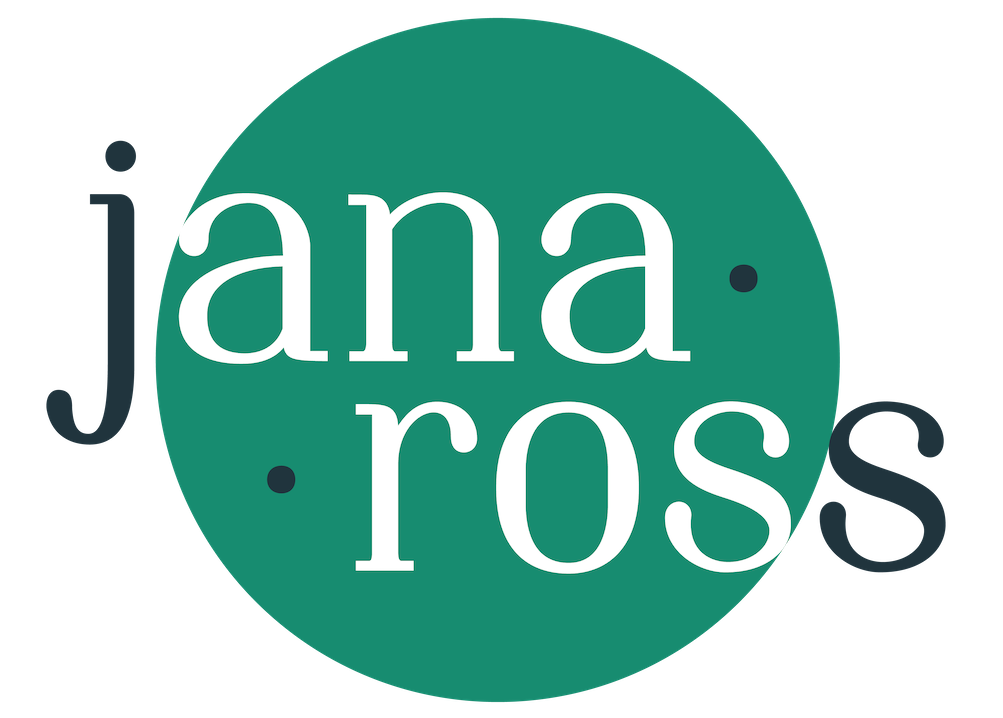The Case Against "Always Open"
Everyone appreciates hustle, and agents are often keen to let potential clients know that they’re available around the clock. I get it, and I’ve done it. No one wants to lose a prospective client due to perceived availability. However, there’s no reason to avoid setting hours and plenty of ways that standard hours will benefit your business.
The case against “Always Open.”
The “Always Open” mantra sets poor expectations that can lead to client frustration and agent burnout. It sets no communication expectations, excludes downtime, and doesn’t highlight or describe your plan of action for client coverage when you’re away or sick.
It frames an incomplete narrative. Are you truly always available at any time for one client, or do you carefully manage your time so that the client you are with has your full attention and all of your tasks are properly prioritized? Do you work around the clock, or are you willing and able to customize your schedule to meet deadlines and address urgent and emergent needs?
It signals that you are at the client’s beck and call and omits professional obligations with multiple clients, continuing education and training requirements, and the time needed to stay on top of market trends and complete market research.
It minimizes the importance of your time and creates a system that can lead to exhaustion and burnout. Remember, we can’t take good care of the people around us if we’re running on empty and fighting fatigue.
Setting hours and boundaries up front helps to protect your ability to be your best professional self when you’re actively working to represent your client. Not only that, it’s good for you. Allow me to suggest alternative standards of practice.
Set standard hours.
Set standard days and hours of availability, and articulate them to clients early on. Share that you’re able to communicate, meet, and work outside of standard hours by appointment, or provide contact information for a person that the client can contact outside of your standard hours.
This provides your client with the data they need to work within your standard hours when possible, an action plan when work needs to be accomplished outside of your standard hours, and the confidence that they’re working with a professional that has a solid process in place. It also helps to set the expectation that non urgent work will be completed during standard hours.
Setting standard hours highlights client importance, showing that you’ve gone the extra mile to consider and implement a plan to take care of client needs when you are unavailable, stresses the importance of your professional and personal time, and introduces a backup contact.
Highlight communication and define response times.
People want to know that their questions and concerns will be addressed quickly, and nobody wants to be kept waiting. Clearly defined communication standards and response times provide clear expectations and reduce worry and frustration.
Let new clients know that you don’t answer calls when you’re with a client because you’re focused on the task and client at hand. If you respond to calls and emails during set time blocks, provide those times. If you check messages and respond quickly between appointments, let them know that. Provide typical response times, so your clients know when they can expect to hear back from you, let them know the quickest way to communicate, and assure them that you’ll always address urgent needs before things that aren’t time sensitive.
Provide a backup contact or two.
Even if you plan to be your client’s point of contact from start to finish, it’s always good to have a backup. Emergencies pop up, people get sick, and life has a tendency to keep us guessing. Our line of work revolves around strict deadlines and involves lots of personalities and a good dose of anxiety. It’s important for your client to know who to call if you’re not available, so they have a plan that they can turn to instead of sitting around and waiting while their stress builds.
Update expectations.
Once you’ve created expectations and shared all the details, don’t forget to updated them as needed. If you’re going out of town, spending a day or two in continuing education classes, attending a conference, or joining in on Hill Day, give your active clients a heads-up. Let them know that your response times may be delayed, provide updated timelines for the duration, and remind them that they can reach out to your backup contact.
Take better care of your clients and yourself.
Real estate can be unpredictable and time sensitive, and we’re often working outside of standard business hours. However, by avoiding the “always open” mantra, setting standard hours, clearly communicating your communication standards and response times, and providing a backup contact, you’ll build confidence and rapport, minimize client stress and frustration, and preserve some needed and deserved personal time for yourself.

